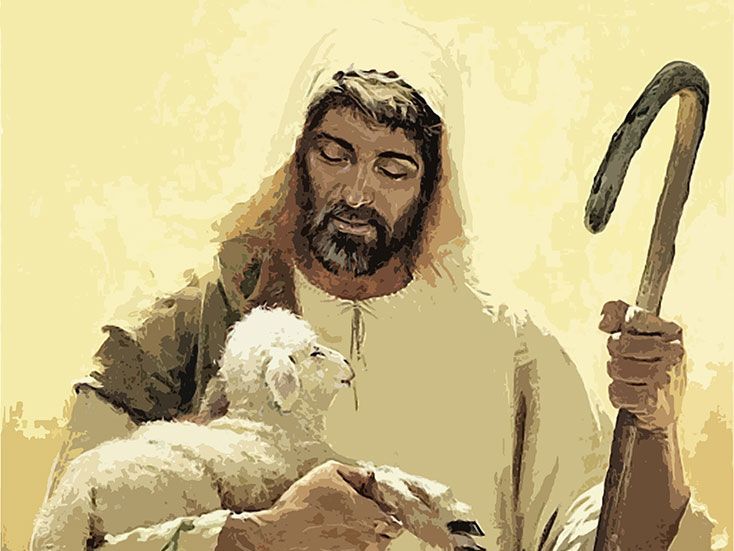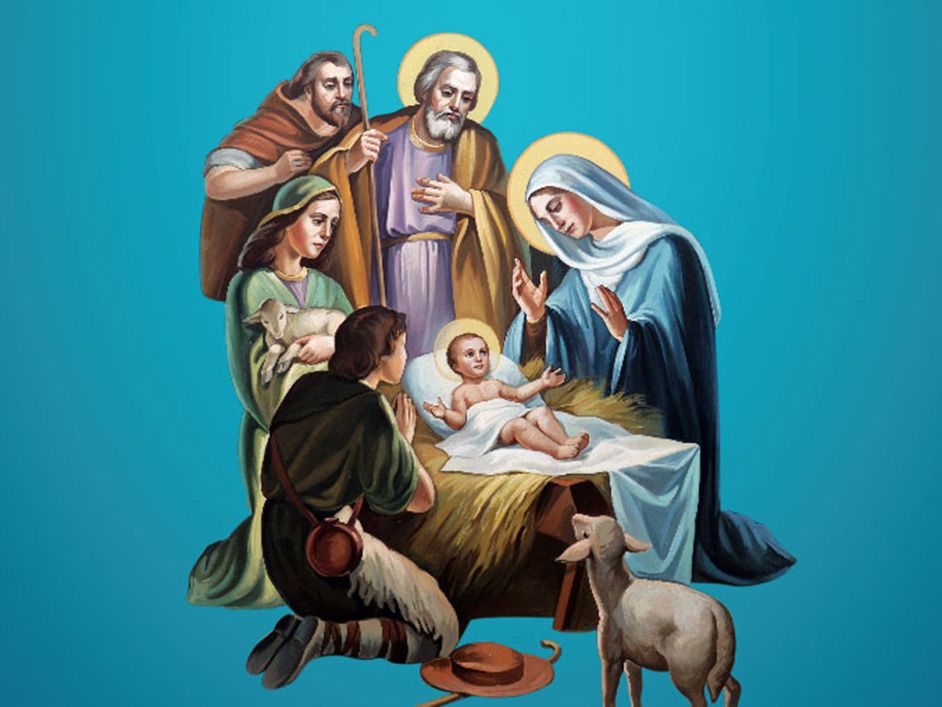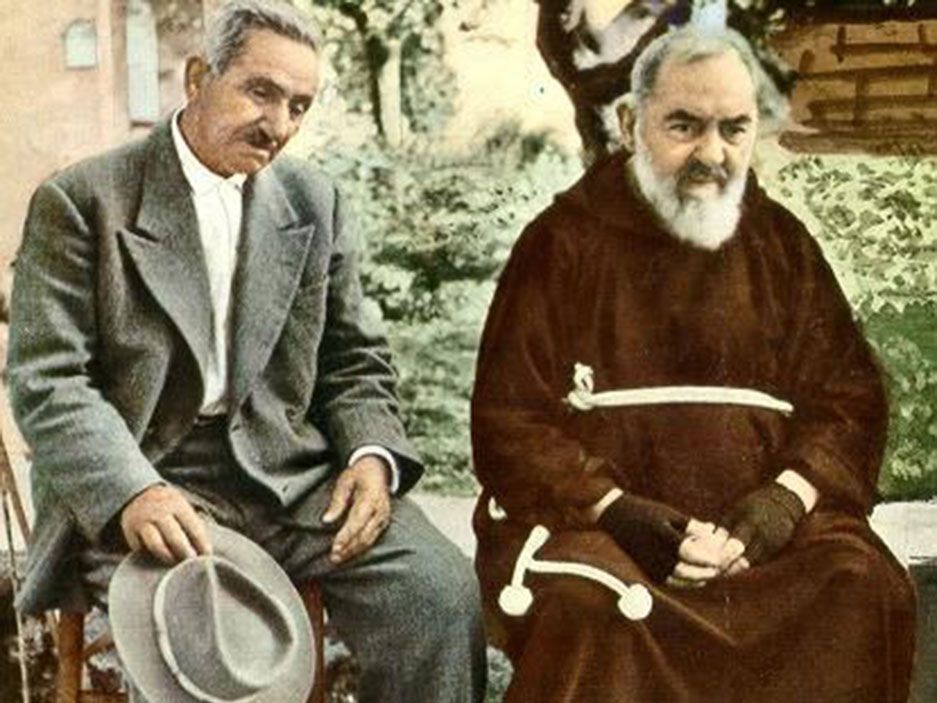Among William Shakespeare’s many works, one of the more moving lines, translated in modern English, is contained in a soliloquy in The Merchant of Venice: “The quality of mercy is not strained; it drops onto the world as the gentle rain does – from heaven.”
Mercy and justice are not one and the same thing. In Shakespeare’s piece, justice and mercy dance with one another. There is a tension between the two. The speaker is seeking to have mercy and justice ultimately kiss. Mercy is cited as superior. Justice must be guided by mercy, the speaker argues.
My first experience of a U.S. court of law was contrary. A judge instructed the jury not to consider mercy in their decision but to strictly apply the letter of the law and render justice accordingly. Jurors may want to decide on a merciful decision but are constrained to consider only the letter, the findings of the law. The only time mercy makes a shadow of an appearance in a court of law is how lenient the penalty might be. Even judges in many places cannot extend mercy. They are constrained by sentencing guidelines. They may impose the minimum penalty but they are not free to disregard the restrictions of the law. In a sense, judges are powerless to be merciful.
In the soliloquy, when justice is guided by mercy, then earthly power closely resembles God’s power. Effectively, this cannot be. Shakespeare seems to argue that mercy is not a human quality as it is divine, akin to the saying: “To err is human, to forgive, divine.” Rendering true justice seems to be humanity’s noblest moment. Mercy, it appears, is beyond the human realm.
Just Justice
Justice itself is not always just. Because it is a human trait, and humans are flawed, so will human justice be imperfect. There are justice systems even in authoritarian societies and even promulgated by dictators. Justice is often at the whim of a system or the dictator. What might be ascribed as justice might well be viewed by many as injustice. One example of how justice is thwarted was the system of justice under Nazi rule. While Germany had a highly sophisticated system of law, when Nazism assumed power, the German system of justice underwent “coordination” or alignment with Nazi goals.
Justice is often manipulated by ruling powers. And the power of interpretation of law is often, as someone noted, more a function of power than truth. The United States Supreme Court, at one time, allowed separate schools for white and black citizens. Years later, the Supreme Court ruled it as unconstitutional, illegal, and unjust. If a democracy can pass unjust laws, what system can’t?
What was just or unjust in a given time and place is not always just or unjust in another time and place. For a long time, it was illegal (and sinful) to practice usury – the taking of interest. But that is no longer illegal. In fact, it is the engine of present-day capitalism. It is interesting that Shakespeare’s soliloquy was in the context of the change that then happened in England, where the taking of interest was no longer illegal.
In the 12th century, the Catholic Church allowed a girl to marry at 12 and a boy at 14. Today, those ages would be illegal in most parts of the world. Today, one would be accused of sexual abuse if attempting marriage at such ages. In the U.S., huge numbers have been imprisoned for buying and selling marijuana. Now several states allow it without any legal impunity.
Laws constantly change, even in a democratic society. What was unjust at one time becomes just at another. Justice is constantly in flux. Justice is primarily about enacting laws, and persons are subject to laws. So, the quality of justice is strained!
True Mercy
In the soliloquy, mercy is from heaven – from beyond the self. Shakespeare seems to believe it doesn’t have a human source but it can be embraced and applied by humans to situations where justice is limited or unsatisfactory. The very fact of bringing mercy to bear on justice underscores that justice is somehow failing the person. Law in any justice system becomes the abstract absolute to which persons are subservient. However, with mercy, the person is the absolute. Mercy is sought when the salvation and well-being of the person is not being best served by the laws of justice. Mercy seeks to salvage, to save the person, to be at the service of the person. Justice is often an absolute rather than the person. Jesus turned Torah Law upside down when He declared: “The Sabbath is made for man; not man for the Sabbath.” This was considered blasphemy to a law-abiding Jew. Jesus was focused in His Kingdom’s proclamation of making the person absolute, not law, even Torah Law. All laws in His Kingdom’s perspective are for the salvation of the person.
Jewish, Christian and Muslim Scriptures are full of references to mercy. Judaism holds that there are thirteen attributes of mercy to describe God. In Islam, one of the most popular references to God is as “the most merciful.” In the Christian Scriptures, mercy is one of the Beatitudes, and the instruction in Luke 6, “be merciful even as your Father is merciful,” was abstract until Jesus presented the parable of the Prodigal Son, perhaps the best loved of all biblical references even by persons who do not share Christian belief. There is a universality that rings true to all persons as they respond easily to it.
In this parable, Jesus reveals an image of God that is totally other than that of a vengeful God found elsewhere in Scriptures. This image of a “prodigal” father trumps all previous images of God. Who could not embrace a father who welcomed a wayward son unconditionally? The word prodigal itself can be interpreted two ways. Prodigal means spending recklessly, as the son did in the parable, wasting what the father had given to him from his estate. And prodigal means giving, on a lavish scale, as the father throws an unforgettable bash for a son who had squandered his inheritance shamefully. The parable can be entitled “The Prodigal Father” as well.
The wayward son returns home to his father with a rehearsed script in which he is going to plead simply to be a servant in his father’s house. But the father will hear none of this and, rather, immediately orders a party for him, requesting the choicest items for a banquet beyond all banquets, “For my son who was lost is found!” The joy of the father was to squander his wealth because his wayward son is home, safe under his roof again.
It is the older brother who is not warm to the father’s mercy and seems resentful. Many persons reject mercy as they may feel that justice has not been served by not only letting a person be absolved of wrongdoing but rewarding him lavishly. Why strive to be just when a person, who has violated justice or squandered everything, is rewarded?
A Challenge for the Church to Act Mercifully
In the Scriptures, many could not walk with Jesus because of His hard sayings. Jesus looked sadly at the rich man who wouldn’t let go of his wealth and give it to the poor. The Church has not always been awake, alert to Jesus. Unfaithfulness has been part of the history of the community of Jesus. Faithfulness to His spirit more than His words will always be a challenge.
In the Gospel, Jesus is quoted as saying: “Now go and learn the meaning of this Scripture: ‘I want you to show mercy, not offer sacrifices.” Many thought themselves law-abiding Jews when they completed sacrificial offerings in the Temple. Today, it is difficult to accept that animals could be offered and ritually slain as part of a worship ceremony. Since the Temple was destroyed in 70 A.D., animal sacrifice ceased. In some places in the world today, the slaughter of animals is a part of ritual sacrifice as with Santeria, largely in Caribbean communities. This is a rather minuscule practice today. If the Jews rebuilt the Temple and attempted to have animal sacrifice restored, it would become problematic to most Jews who would abhor a return to this practice. But sacrifice was at the heart of the Temple activity. Yet, Jesus said He would prefer the practice of mercy, not sacrifice. The Kosher way of Jesus would be to show mercy, not sacrifice animals in the Temple. This is certainly an evolution in the concept of understanding the Divine.
People kill other people, and unfortunately, the history of humanity seems to indicate that the taking of life has been the norm. Despite that, the command not to kill still remains the ideal for humanity. It is something with which to measure whether we are truly human or inhumane. Likewise, when Jesus took issue with defending His disciples who broke Sabbath law, He argued that the Sabbath was made for man, not man for the Sabbath. Again, for Jesus, the person is absolute, not the law. Law, if it is justice, exists for the well-being of the person; it is to serve the person, as St. Paul argued, that the law is only a tutor – it is to teach. It is not a master. More importantly, Paul rejected that observance of the law led to salvation. This was an about face for a law-abiding Jew to realize that faith brings salvation, not law. “For no human being will be justified in His (God’s) sight by works of the law.”
In the State
Whatever form a government takes, from a monarchy to a democracy, to everything in between, and even beyond, as in autocratic ones, people seek justice. Unfortunately, justice isn’t always just even in the best of societies. The struggle for true justice has been ongoing from the beginning of living life in common. While individuals want to be treated justly, it doesn’t follow automatically that individuals will treat others justly. The Golden Rule, “to do unto others as we would have others do unto us,” is not always reciprocally applied. Hence, we need third parties to enforce what individuals are unwilling to do freely. Even when government fails to apply true justice, individuals can extend it in their personal dealings with one another. At best, whatever form of government there may be, it can only aspire to implement true justice. That is no small achievement in a world in which persons are still “hungering and thirsting for justice.” True justice is the most we can expect from any political society. Mercy is beyond the pale of a political society.
In the Church
As a community of believers, the Church must be unique from any form of earthly governance. It must be a sign and witness to the heavenly Jerusalem where true justice and mercy kiss. But the community of believers is not automatically a community of perfect persons. “Be perfect as your heavenly Father is perfect.” This is the standard for members in which to measure themselves. It is to acknowledge that we sin, i.e. “to miss the mark.” It is the standards and ideals which remain in place even if we are not equal to them. We must try repeatedly to “hit the mark.”
Jesus is viewed as the Incarnation of God as mercy. St. Paul’s admonition to Romans is to “put on the Lord Jesus.” We are to be incarnate persons in our actions in order to be one in Christ Jesus. What should be attractive about this community of believers is that it be clearly seen as the house where mercy dwells supreme. The Year of Mercy, Pope Francis fosters, is for us to “rebuild My Church” as Christ Jesus desires. It is not to be a year of mercy in word but the ongoing channel for mercy to be experienced in deed.
A universal example, testing if the Church is truly merciful in deed is allowing remarried persons to receive Communion, a hot topic during the Synod on the Family. Even Pope Francis has stated publicly that reception of the Eucharist is not a sign of a reward. Eucharist is the ultimate sign of unconditional love. How can we speak of unconditional love with a straight face and, at the same time, refuse to be merciful in deed but rather invoke a legalistic notion of Canon Law as being supreme to the sacred nature of the person? There are many who have entered into more than one marriage and have no interest to receive the Eucharist. Yet those faithful members who make themselves present for the Eucharist, having proved the stability of their marriage, with a burning desire to participate, are denied the Bread of Life!
This is but one example of how the community of believers needs to “rebuild My Church” as St. Francis undertook, and now Pope Francis dares to undertake during this Year of Mercy. In Luke 11, the teaching is that one who seeks, asks, knocks, receives. Luke asks, would a father give his son a snake when he asks for fish? Till now, fathers have given snakes and scorpions for those asking for sustenance. This seems utterly cruel. To deny another what we believe is the Bread of Life is merciless. It doesn’t follow that because one is a member of the Body of Christ, everyone is automatically merciful. Persons need to witness with merciful deeds not merciful words. This Year of Mercy will reveal where we are as the authentic Body of Christ and proclaim, in deed, good news of mercy unlimited. If not, the quality of mercy is strained.


























